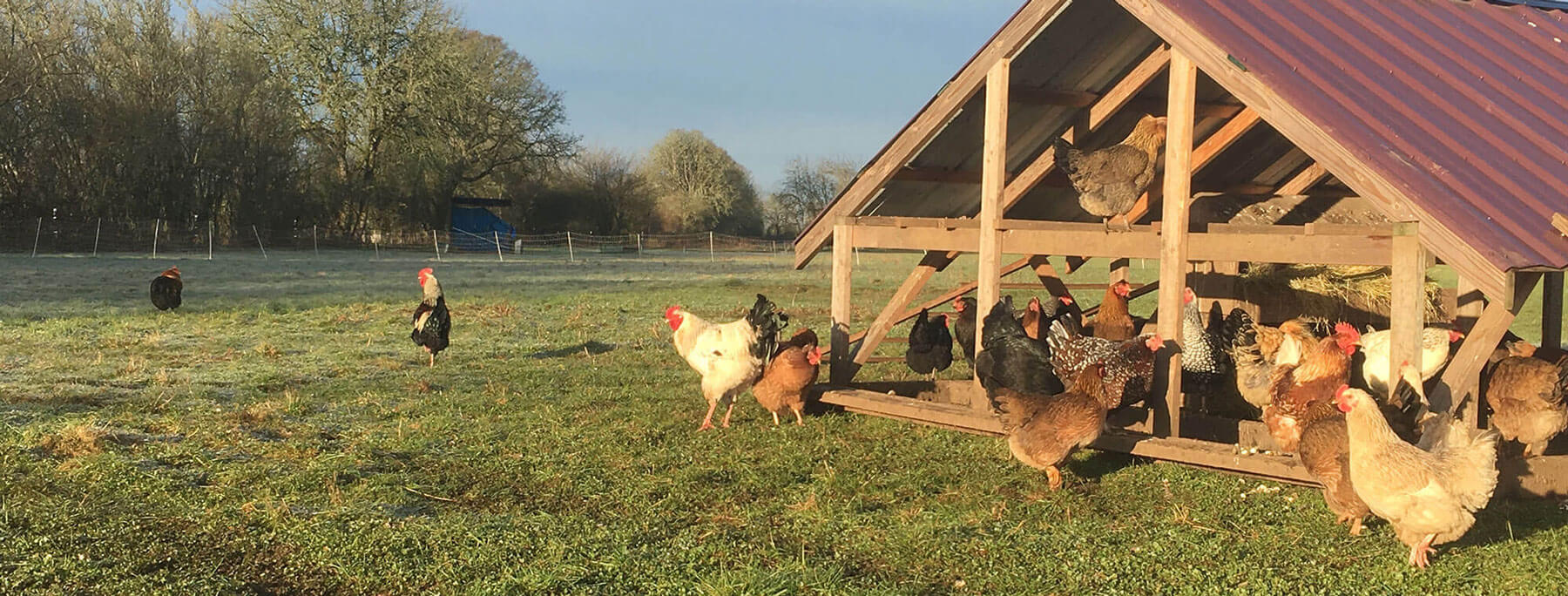How We Work
We work with the philanthropic community to support regenerative systems by:
- Sharing knowledge about regenerative systems, their benefits, and opportunities for funders and investors to support their emergence
- Connecting and convening ourselves and our networks
- Coordinating with related regional, topical, and general affinity group networks to incorporate regenerative agriculture as core to their efforts
- Aligning and pooling our grants and investments
- Learning, acting, and investing together on strategic initiatives that inform and influence the field, engage diverse networks and break down silos, leverage participants’ organizational efforts more broadly to achieve collective impact, and address critical, unmet needs

FORA’s Operating Principles
FORA’s five-year strategic campaign to accelerate and deepen the adoption of regenerative agriculture provides a unique opportunity for collaboration and learning among funders. We urge our community to adopt the following principles as we work to restore our lands, sequester carbon, and place the health and wellbeing of land stewards and their communities at the heart of our work. The following six principles guide our strategic work:
Think and act systemically. We need to take a whole systems approach to our work, recognizing the root causes of problems and advancing multiple co-benefits by:
- Recognizing the need to reduce emissions from agriculture and enhance agricultural resilience in the face of climate impacts, while also increasing agriculture’s capacity to become a carbon sink.
- Placing the work in the larger context of healthy communities, sustainable development, increased equity and economic opportunity, food and fiber supply chains, and the need for food security.
- Not insisting that land stewards focus primarily on the climate mitigation benefits of healthy soils, but rather understanding the larger context within which producers and communities operate.
Put stewards of the land first. Systems must work for the people working the land, logistically, financially, and culturally, or the regenerative practices won’t be maintained.
Respect and value difference. We respect diverse institutional and individual perspectives, opinions, outlooks, and lived experience, acknowledging issues of power and approaching relationships with humility, openness, honesty, and a spirit of possibility.
Seek to do no harm. We actively seek to avoid any unintended harmful consequences that may be associated with certain strategies to promote regenerative agriculture. We aim to promote greater land access and protection for women farmers, farmers of color, indigenous communities, small farmers, and those who may be threatened with displacement by development, commodity markets, and market-based schemes. We will examine the possible negative impacts of some policies and financing schemes, and seek to do no harm.
Take more risk. We seek to embrace funding approaches commensurate with the magnitude of the challenges we face. Normal philanthropic behavior must be challenged in the context of the climate threat, food insecurity, and failing soils. If we don’t raise our ambition and take more risks, we will not make a sufficient impact in time. This is a five-year initiative and we must act with unprecedented urgency.
Demonstrate and communicate success. Build the field’s momentum, lift up champions, and invest in efforts to demonstrate the potential of the field.
Photo Credits
Bee Photo by Boba Jaglicic on Unsplash | Chickens in a field | People in a field by Kendra Kimbirauskas
